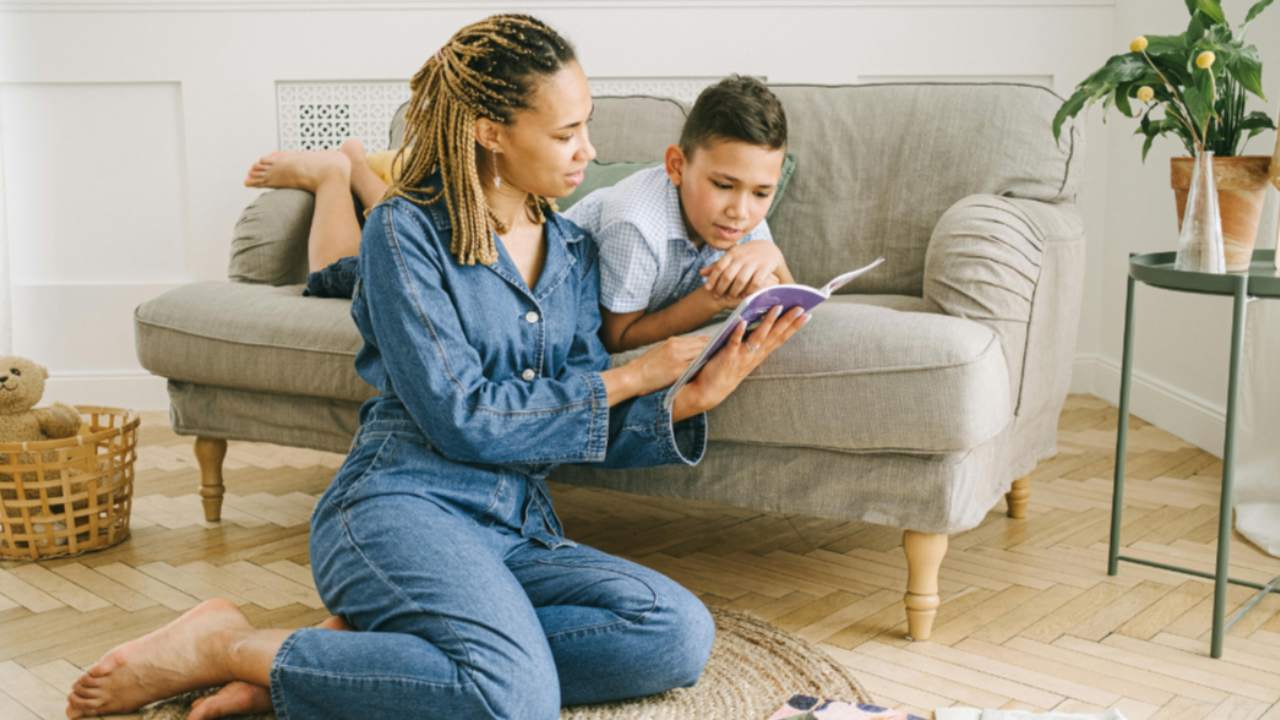#011 Why Your Child’s Brain Needs a Lemonade Stand (Not Another Hour of Screen Time)
May 13, 2024A recent study by the National Institute of Health found that 80% of children between ages 6–17 spend excessive time on screens—and the long-term effects are alarming.
We’re not just talking about “too much YouTube.”
We’re talking about real developmental issues:
-
Behavioral problems
-
Learning delays
-
Speech disorders
-
Lower critical thinking and problem-solving skills
The research confirms what many moms have already felt in their gut:
Something about this isn’t working.
What Is Cognitive Development (and Why Should You Care)?
Cognitive development is how your child learns to think, solve problems, and make decisions. It covers things like:
-
Attention and focus
-
Memory and recall
-
Language and communication
-
Problem-solving and logic
-
Creativity and imagination
-
Planning and self-regulation (executive function)
These skills grow best through real-world experiences—not just tapping and swiping.
The problem with digital media is that it delivers instant gratification and often promotes passive engagement.
It’s fast food for the brain—and over time, it starves our kids of the mental nourishment they actually need.
So What Can You Do?
You don’t need to ban all screens.
But you do need to interrupt the default.
That’s where simple activities that build real-life thinking come in—and one of my favorite examples is the classic lemonade stand.
Why Lemonade Stands Still Matter
It may seem small, but setting up a lemonade stand taps into nearly every area of a child’s developing brain.
They’ll learn to:
-
Set a goal
-
Do basic math
-
Make signs and communicate a message
-
Talk to strangers (safely)
-
Make change, adjust pricing, and plan for tomorrow
And maybe most importantly—they’ll feel accomplished.
It’s a reminder that they don’t need a screen to feel entertained.
They can feel empowered by doing something real.
Finding the Right Balance
We’re not trying to eliminate screens altogether. They’re part of life.
But your child also needs to:
-
Ride a bike
-
Bake muffins
-
Explore the neighborhood
-
Observe people
-
Make mistakes
-
And try things that don’t come with a “Like” button
Screens can be a tool. But they should never replace childhood.
Ready to trade screen stress for family strategy?
👉 Download the free ebook: How to Create Family
You’ll get my 3-part system to help your child grow up grounded, capable, and connected to what matters.




